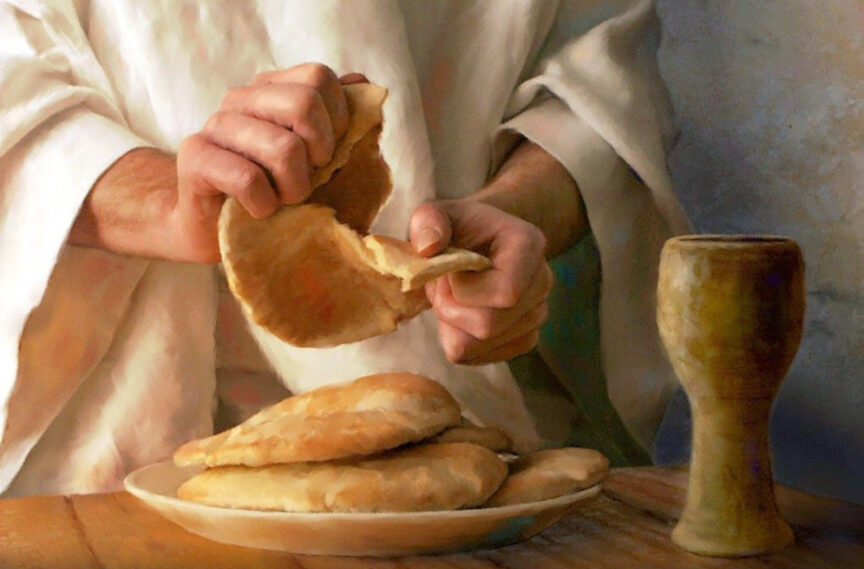“On the first day of Unleavened Bread the disciples came to Jesus, saying, ‘Where do you want us to make the preparations for you to eat the Passover?” He said, ‘Go into the city to a certain man, and say to him, ‘The Teacher says, My time is near; I will keep the Passsover at your house with my disciples.'”
Matthew 26:17-28
The Jews had been commemorating Passover for centuries, and it was basically the same enactment year-after-year. Modern Judaism continues to commemorate Passover and even has a Haggadah which is a script of sorts to make sure the meal is properly prepared and enacted.
Passover began when the Israelites were delivered from Egyptian slavery by Moses, and the event that caused Pharaoh to turn loose of them was the death of every first-born male in the nation of Egypt. God told them to observe this event yearly, thereafter, to remember God’s deliverance.
So, when the disciples asked Jesus where they would eat that meal together, they were talking about a tradition that had been in Judaism for centuries and all of them were acquainted with it. But they were in for a big surprise, because this was not like any Passover they had ever eaten.
In Matthew’s telling of the story, you can see Passover practice laying under the surface of the story. The unleavened bread, the four cups of wine, and the bowl of charoset were present in the room. Until Jesus took the bread and broke it and said, “Eat this. It is my body.” “Come again!” they must have thought.
Similarly, the third cup of wine was normally called the cup of redemption, only this time Jesus said, “Drink this cup. It is my blood.” If they were confused after the bread, they are doubly confused now.
The disciples never again looked at Passover the same. Now called “the Lord’s Supper” or Communion or Eucharist, it was meant to commemorate the death and resurrection of Jesus. Now it is a remembrance of the death, burial, and resurrection, reminiscent of the rescue of the Jews from Pharaoh’s captivity.
Paul told the Corinthian church that whenever they commemorated the Lord’s Supper, they were engaged in testimony about Christ until he returns again. Truly.
Something to think about: How have you thought about the Lord’s Supper in the past? Having now read this account of Jesus inaugurating this meal, how may this have changed the way you think about it, especially in ways that are different than in the past?
Something to pray about: Christ of God, you have given us this lovely meal to remember you. Please help us to never become indifferent or uninterested in it. And may we keep alive the memory of your sacrifice on our behalf. In your name we pray. Amen.

